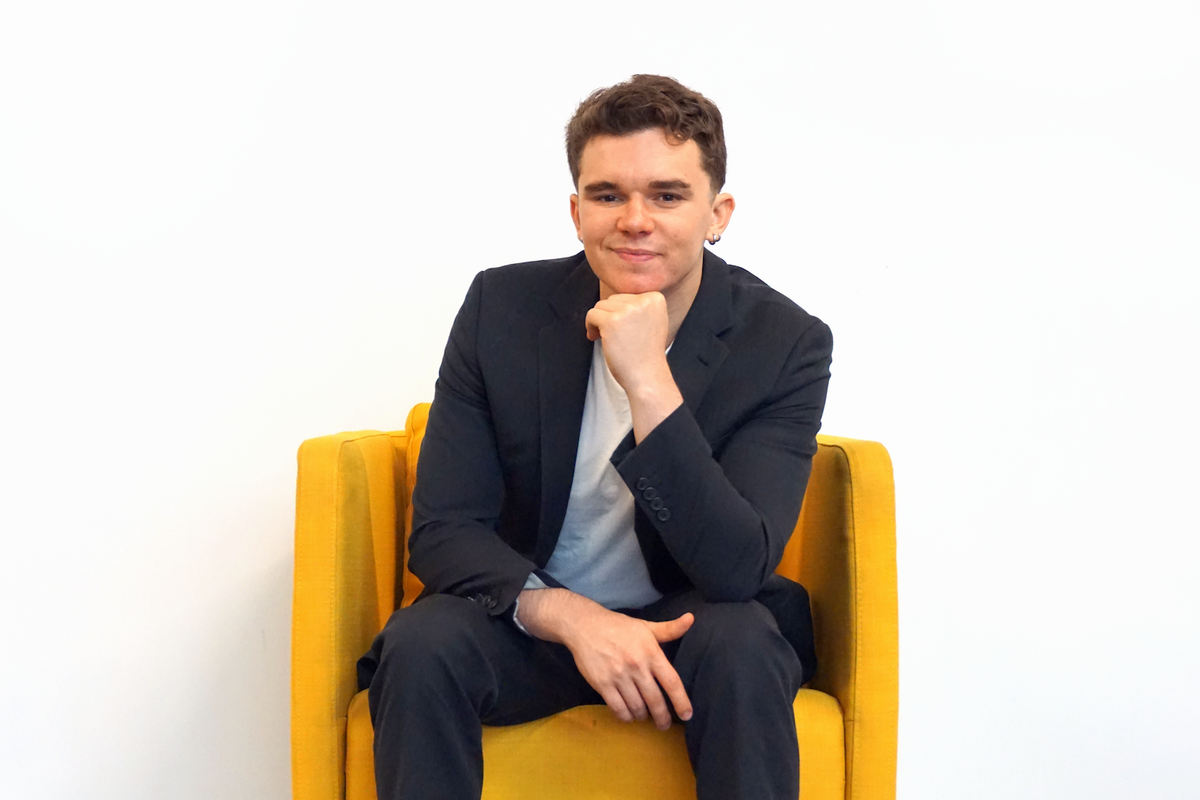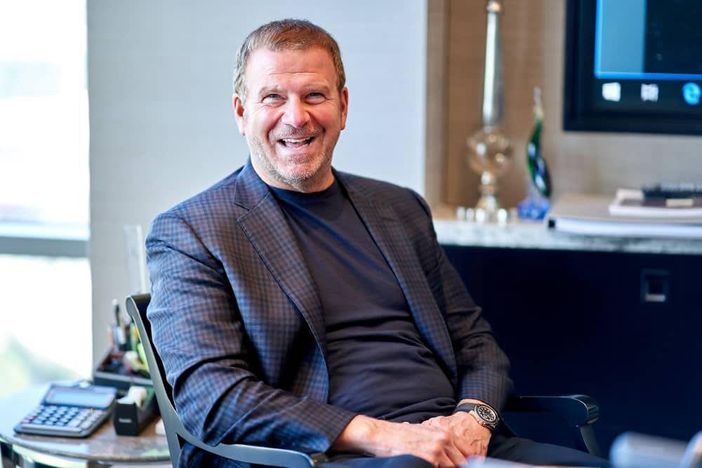Texas is home to second largest population of millionaires in the U.S.
The Millionaires Club
Tilman Fertitta, Elon Musk, Alice Walton, and Jerry Jones are members of the billionaires club in Texas. But just how many millionaires does the Lone Star State boast?
Altogether, 73,930 Texans were classified as millionaire tax filers in 2022, according to an analysis of IRS data by digital marketing firm Hennessey Digital. (For context, that millionaire count is just a few thousand shy of the entire population of Missouri City.) This figure puts Texas in the No. 2 spot for the country’s biggest population of millionaire taxpayers, behind first-place California.
However, if you crunch the figures a different way, Texas’ millionaire status isn’t quite as impressive, demonstrating that not everything is bigger in Texas. Texas ranks 10th among the states with the highest proportions of millionaire taxpayers, the study indicates. According to Hennessey Digital’s calculations, 27.1 of every 10,000 Texas tax filers reported adjusted gross income of at least $1 million for the 2022 tax year.
“The state’s booming economy, driven by energy, technology, and business-friendly policies, contributes to its wealthy population,” says Hennessey Digital.
Forbes ranked 43 Texans among the 400 wealthiest Americans last year, with Elon Musk topping the list. Houston hospitality king, Rockets owner, and newly appointed ambassador to Italy Tilman Fertitta was the 12th richest Texan and the 99th richest person in the United States, according to Forbes.
Which state comes out on top for the largest share of millionaire taxpayers? Connecticut, with 44.76 millionaire tax filers for every 10,000 filers, the Hennessey study shows. A number of well-to-do Connecticut suburbs are situated just a commuter train ride away from New York City, where bankers, brokers, and others pull in the big bucks. (Connecticut sits two spots above New York state in the millionaire ranking.)
The numbers in the study “highlight the diverse economic landscapes across our nation. States with favorable tax policies and thriving industries tend to attract more high-income earners,” says Jason Hennessey, CEO of Hennessey Digital. “Understanding these patterns can provide valuable insights for businesses and individuals making decisions about where to live, work, or invest.”
---
This story originally appeared on our sister site, CultureMap.com.






 Apple doubles down on Houston with new production facility, training centerPhoto courtesy Apple.
Apple doubles down on Houston with new production facility, training centerPhoto courtesy Apple.

